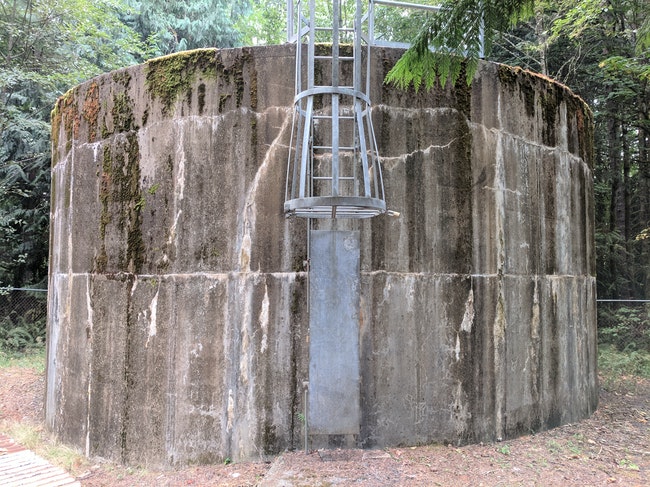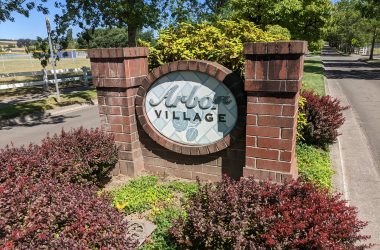The Banks City Council unanimously passed a resolution ending the city’s moratorium on new development and instituted a new policy requiring developers of subdivisions to provide 100 percent of their own water for each new house built.
The city currently is undergoing its largest-ever public works project, replacing water lines that leaked badly for many years or that aged out of practical use, and during that process officials also determined new water sources for increasing capacity to residents and businesses.
City Attorney Dan Kearns said he was not aware of another Oregon municipality in the position of having increased water capacity but not enough water to prevent a large-scale development from coming through and soaking up what’s been added to the distribution system.
“You just created a water transmission line replacement system,” Kearns said. “You don’t want it to evaporate in the first development, leaving everyone else to basically suck wind.”
Currently, two large developments in Banks are proposed — one on the city’s east side, the other in the west, but only the west-side developer has held recent discussions with city leaders about plans for moving forward with the construction of 162 residential units, Mayor Stephanie Jones said.
Kearns noted that the adopted resolution will require developers to provide documentation that they will provide adequate water and services to each individual lot in a proposed subdivision — state law defines a subdivision as any development with four or more residential units on it; three or less is classified as a partition and would not be subject to the city’s resolution.
The resolution does not apply to non-residential development, meaning commercial and industrial property, he said, adding that no large-scale facility like a chip maker or lumber mill is planned or on the horizon in Banks.
“During the moratorium (on new construction) there have been a number of moms and dads or small property owners who just want to build a house on their vacant lot or to partition their parcel into two or three lots, but the moratorium didn’t allow that,” Kearns said. “This would allow people to proceed with small-scale partitions or to build a single house on their lot.”
The new language to city code requires developers to augment the existing municipal water system and provide state-certified services, including water collection, transmission, treatment, and injecting it underground.
“It will require many millions of dollars of additional infrastructure and how those issues will be dealt with is not yet clear,” Kearns said. “How much water and of what quality is extremely subjective, even determining how much water the city has at capacity during a certain time of year is subjective. This simple proposal will force the conversation with large developers to occur on how to deal with it.”
Mayor Stephanie Jones asked if there was a resource available for determining the value of water rights — in other words, what the city could charge developers to grant those rights or to determine what they might expect when building in Banks.
“For the moment, (the resolution) will work and for any developer out there it keeps the door open about discussing how (the value of water rights and providing 100 percent of water to a new development) could work because the city is water-limited and doesn’t want to be out of water,” Kearns said.
City Manager Jolynn Becker said the conversation about imposing a water moratorium first took place in the summer of 2018 when temperatures in western Washington County routinely topped 90 degrees.
“What we don’t want is to go through another summer like last year where water restrictions lasted for months on end,” Becker said.






